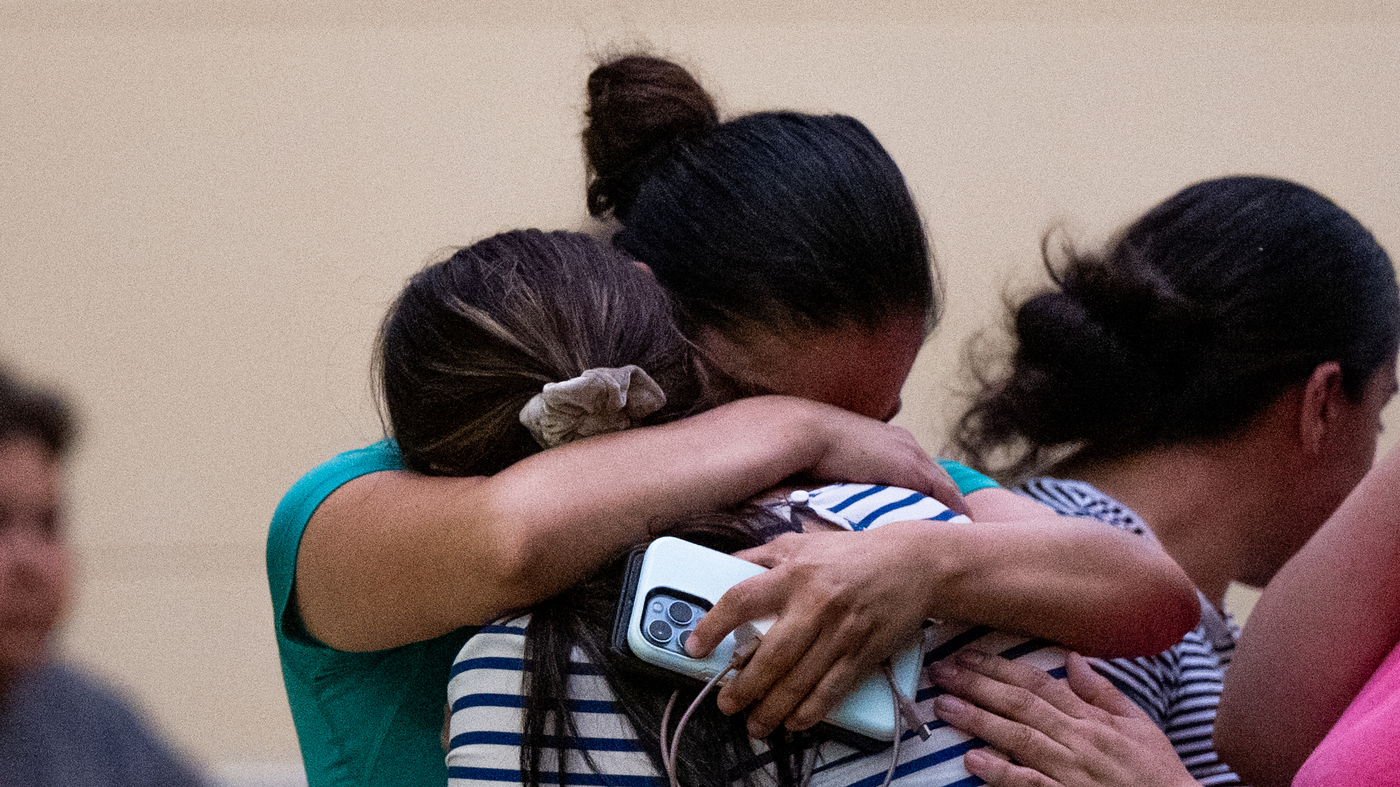1 min
Expert: Addressing mental health will be the crucial next step following deadly Maui wildfires
How can first responders and others address mental health challenges following the widespread destruction of the deadly wildfires in Hawaii? Tonya Hansel, PhD, associate professor in Tulane’s School of Social Work and expert in disaster mental health and trauma services, is available to speak to: Mental health symptoms following a disaster and what services should be made availableHow disasters of this magnitude affect childrenWhat mental health experts have learned about recovery from other weather-related disasters“Like other disasters, the surrounding communities of Maui with less damage will likely spearhead disaster response to help displaced individuals and the affected area,” Hansel said. "Children are not too young to be affected. However, their reactions are very different than adults. Once safety has been established, routines are important to reestablish. This might not look exactly like pre-disaster, but having one expected routine is important. Getting back into school is also very important to that routine for school-age children. Importantly, with time, most children are resilient.”For interviews, contact Roger Dunaway at roger@tulane.edu or 504-452-2906.



